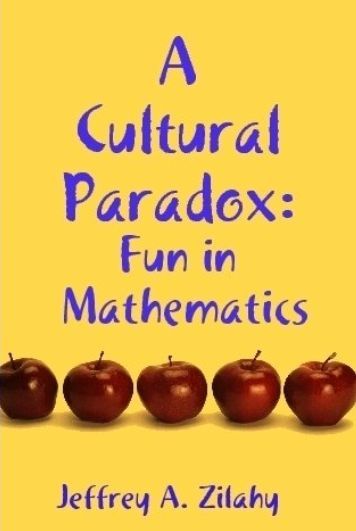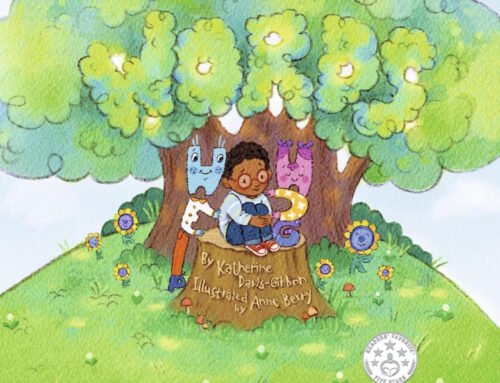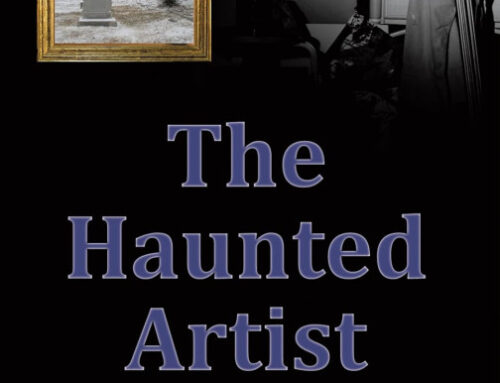 “What did the number zero say to the number eight? ‘Very nice belt.’” Okay I admit that this is a corny joke. But did you know that the number zero did not make an appearance in history until the 6th century AD? In fact, the Chinese didn’t create a symbol for zero until the 13th century. Anyone who knows me will tell you that I am not a math whiz. I have to use a calculator for simple computations. So why do I feel smarter when it comes to understanding math? Simply put, I read Jeffrey A. Zilahy’s book A Cultural Paradox: Fun in Mathematics.
“What did the number zero say to the number eight? ‘Very nice belt.’” Okay I admit that this is a corny joke. But did you know that the number zero did not make an appearance in history until the 6th century AD? In fact, the Chinese didn’t create a symbol for zero until the 13th century. Anyone who knows me will tell you that I am not a math whiz. I have to use a calculator for simple computations. So why do I feel smarter when it comes to understanding math? Simply put, I read Jeffrey A. Zilahy’s book A Cultural Paradox: Fun in Mathematics.
People like me who struggled in geometry class might think the author is crazy. Math = fun? Trust me, Zilahy’s book is not your typical math textbook. In fact, it doesn’t resemble any textbook that I had in any of my math classes. Maybe if I did have a book like this to accompany my textbook I would have found the field of mathematics more entertaining and I may have even tried harder.
The author does not throw a lot of equations at the reader. Instead each chapter introduces a subject and provides simple facts about the topic. He does not provide comprehensive discussion in any of the chapters. Many of the chapters are only a couple of pages. “This book is merely meant as a brief reflection on what I consider some of the most interesting and powerful ideas that swirl around in the mathematics community today.” The ideas that he discusses, he admits, are the ones that he was pondering while writing his book. There may be bigger issues being discussed in the mathematics world that are not included in this book. And his book by no means covers everything that you might overhear at MIT.
What I found most interesting about Zilahy’s book is the randomness of the information. In fact, he includes a chapter on randomness and how it relates to math. Besides providing a few history lessons like the one provided above about the number zero, he includes his favorite math jokes (again the joke above is from his collection), famous people who studied math, theories, how math relates to everyday life, including cooking, architecture, gambling, technology, game shows, origami, birthdays…he really does include a lot of fascinating tidbits about many things under the sun. Oh and he does talk about the sun as well. He writes, “I am of the belief that mathematics is the underlying “software” that powers the “hardware” that we live in, namely planet earth and of course the greater cosmos.”
When you read his book, you will get a sense of how much the writer loves math. And I was impressed that you get to know his personality through his writing. This is a subject that terrifies many of us, myself included. He made it less frightening for me and I started to appreciate how math impacts my daily life. I’m not saying I now understand geometry, but I do appreciate its place in the world more.
My one complaint about the book is that the conversations can be too brief. On several occasions I felt that right when I was getting involved, Zilahy would drop the subject or advise me to look up the concept or person on the internet. For this reason, I give the book 4 out of 5 stars. Overall, I feel like I learned some things and yes I can see why many people think math is fun.
Links
Google Books (same as print interior)
Get an Editorial Review | Get Amazon Sales & Reviews | Get Edited | Get Beta Readers | Enter the SPR Book Awards | Other Marketing Services






















Leave A Comment